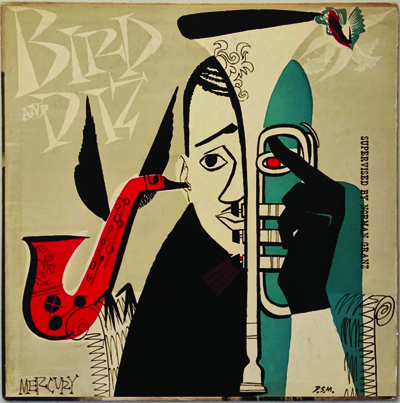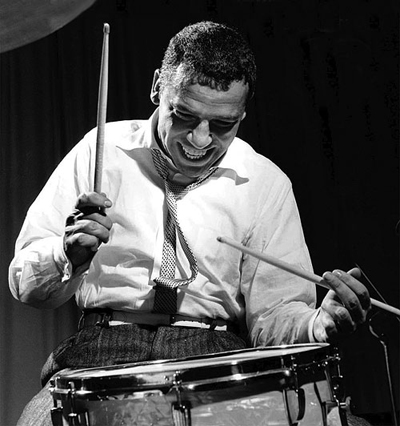
By Stuart Mitchner
So you begin with the death of Virginia Woolf, on this day, March 28, 1941. Moved by the courage and compassion of her farewell message to her husband, you read her first novel, The Voyage Out, in which her alter ego, Rachel Vinrace, dies at 24 after finding herself in life and music, falling in love, becoming engaged, and moving you, again, because you’ve come to care for her as if she were a real person.
Then, with another world and another time still impinging on your own reality, you join the thousands on Hinds Plaza last Saturday afternoon, staring at the crystal-clear summer-blue sky, occasionally sensing subtle intimations of menace when the barking of dogs coincides with angry shouts aimed at one speaker who admitted to being a gun owner. Meanwhile, no doubt like others in the crowd, you’re acutely aware that only a few days earlier a gun-wielding man was shot dead just around the corner at Panera Bread after a half-day standoff. more







 Atmosphere is radiance, glamour, warmth, mystery. It is what gives beauty a soul and makes it alive. — F. Scott Fitzgerald
Atmosphere is radiance, glamour, warmth, mystery. It is what gives beauty a soul and makes it alive. — F. Scott Fitzgerald










 Great writers and artists ought to take part in politics only so far as they protect themselves from politics.
Great writers and artists ought to take part in politics only so far as they protect themselves from politics. 





